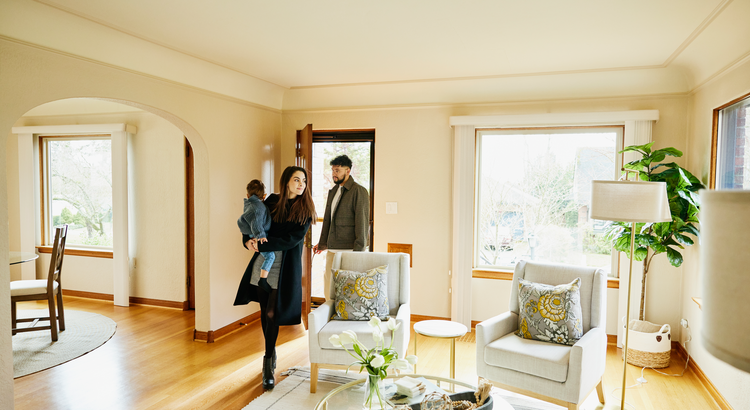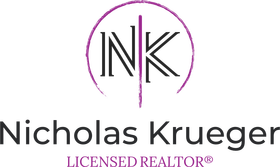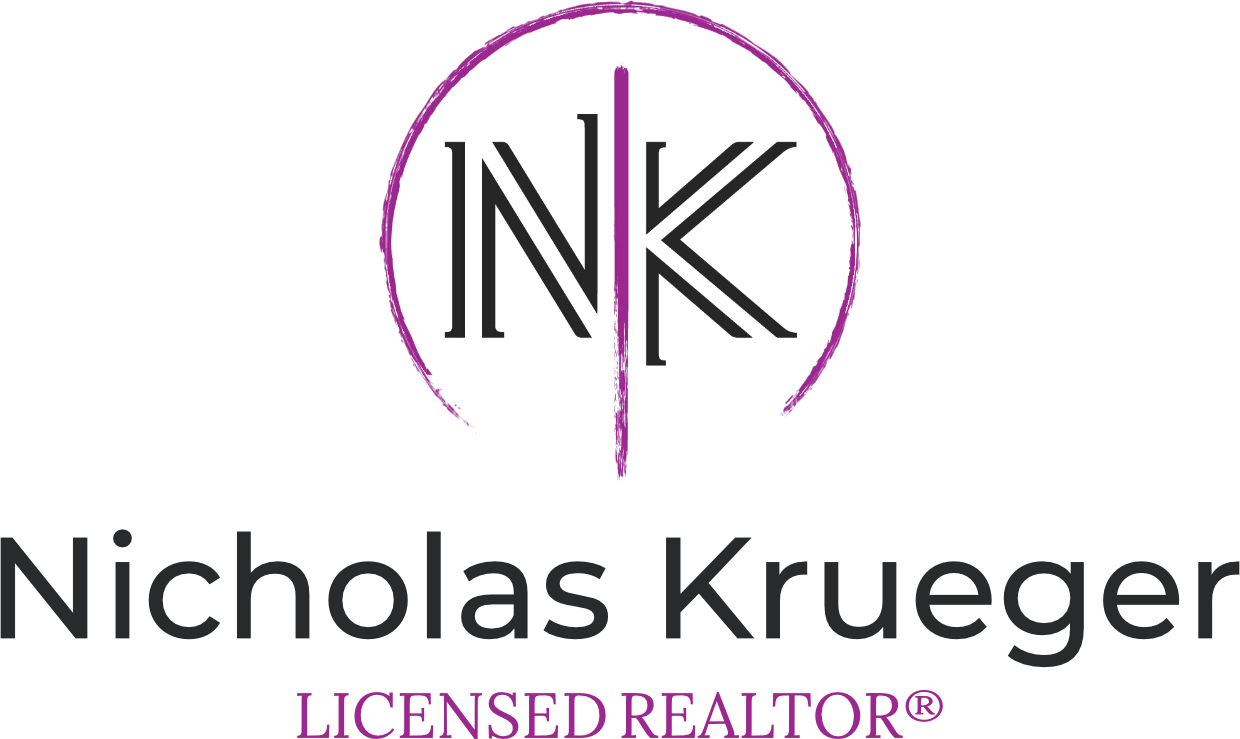
Buying your first home is a significant milestone that brings with it a sense of accomplishment and a new chapter in your life. However, navigating today’s housing market, with its limited supply and affordability challenges, can be a daunting task. To help you overcome these hurdles and turn your dream into a reality, here are three strategic tips for buying your first home.
1. **Start with a Solid Financial Foundation:**
Before you embark on the journey of homeownership, it’s crucial to establish a solid financial foundation. Start by assessing your current financial situation, including your income, expenses, and existing debts. This will give you a clear understanding of how much you can afford to spend on a home.
Create a realistic budget that factors in not only the mortgage but also additional costs like property taxes, homeowner’s insurance, and maintenance expenses. Remember that your dream home should align with your financial goals and provide a comfortable living situation without causing undue financial strain.
- “For many newbies, it might just be a matter of making a shift toward something they can better afford—like a condo or townhome. These lower-cost homes have historically been a stepping stone for buyers looking for a less expensive alternative to a single-family home.”
Additionally, saving for a down payment is a key aspect of preparing for homeownership. A larger down payment can lead to better mortgage terms and lower monthly payments. Explore various down payment assistance programs or consider setting up a dedicated savings account to make the process more manageable.
According to Bankrate:
“. . . you might qualify for a first-time homebuyer loan or assistance. First-time buyer loans typically have more flexible requirements, such as a lower down payment and credit score. Many help buyers with closing costs and the down payment through grants and low-interest loans.”
2. **Research the Market and Get Pre-Approved:**
In a competitive housing market, knowledge is power. Research the neighborhoods you’re interested in, considering factors such as amenities, schools, and proximity to work. Keep an eye on market trends, as this information will empower you when negotiating with sellers.
Getting pre-approved for a mortgage is another crucial step. This process involves a lender evaluating your financial history and creditworthiness to determine the loan amount you qualify for. A pre-approval not only strengthens your position as a serious buyer but also gives you a clear understanding of your budget. It allows you to act quickly when you find the perfect home and can be a deciding factor in a competitive market.
3. **Work with Experienced Professionals:**
Buying a home involves complex legal and financial processes. To navigate these complexities successfully, it’s wise to work with experienced professionals. Seek the assistance of a knowledgeable real estate agent who can guide you through the home-buying process, provide valuable insights, and help you make informed decisions.
Additionally, hire a reputable home inspector to thoroughly assess the property’s condition before finalizing the purchase. This step can uncover potential issues that may not be apparent during a casual viewing, helping you avoid costly surprises down the road.
In conclusion, buying your first home is an exciting journey that requires careful planning and strategic decision-making. By starting with a solid financial foundation, researching the market, and working with experienced professionals, you can navigate the challenges of today’s housing market and turn your dream of homeownership into a reality. Remember, patience and diligence are key, and with the right approach, you’ll soon be unlocking the door to your new home.
Read the Original Article Here: Strategic Tips for Buying Your First Home



